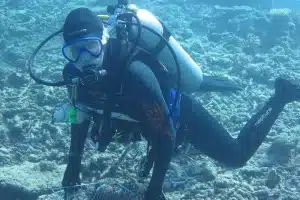
The finding has serious implications for reef management. Approaches such as coral transpor-tation, which is one of the main methods under consideration for restoring damaged reef environments, work on the assumption that corals are able to grow anywhere within their local range.
Carly, in collaboration with colleagues at The University of Texas at Austin (USA), found that mustard hill corals (Porites astreoides) in the Florida Keys that were moved away from their home reef grew significantly less and had lower energy stores than those that stayed put. This occurred even when corals were moved to reefs less than 10 km away.
Surprisingly, corals that were moved to a completely new environment – such as from offshore reefs to inshore reefs – fared better than those relocated to a reef with similar conditions, such as from one inshore reef to another.
What’s puzzling, Carly says, is that even when the temperature and water quality of the new reefs are the same as those in their home-ground, the corals still show these stress-responses. This has led to questioning whether some currently-unknown environmental stressor is the culprit, or something about native corals themselves that is different.
“It’s likely that these corals have adapted to their home reef, either as a result of genetic differences or through gradual changes in their physiology,” Carly says. “Whatever the mechanism, these changes are costly because the coral can’t maximize its fitness in a new environment.”
“We always think of adaptation as being a great thing for corals facing climate change, but adap-tation of corals to their home reef may not be so great, if we want to be able to move them to different reefs for restoration purposes,” Carly says.
Future work will investigate the underlying causes of this effect, as well as how representative these patterns are for other coral species and reef ecosystems, such as the Great Barrier Reef.
Carly presented her research at Fresh Science North Queensland 2015.
Fresh Science is a national program that helps early-career researchers find and share their stories of discovery. Almost 180 early-career researchers nominated for Fresh Science 2015, and this was the first year it was held in Townsville. Fresh Science North Queensland was held at James Cook University (training) and Molly Malone’s hotel (public challenge event).
Fresh Science North Queensland was supported by James Cook University and the Australian Institute of Marine Science.
Carly Kenkel, Australian Institute of Marine Science, +61 7 4753 4268; ckenkel@aims.gov.au

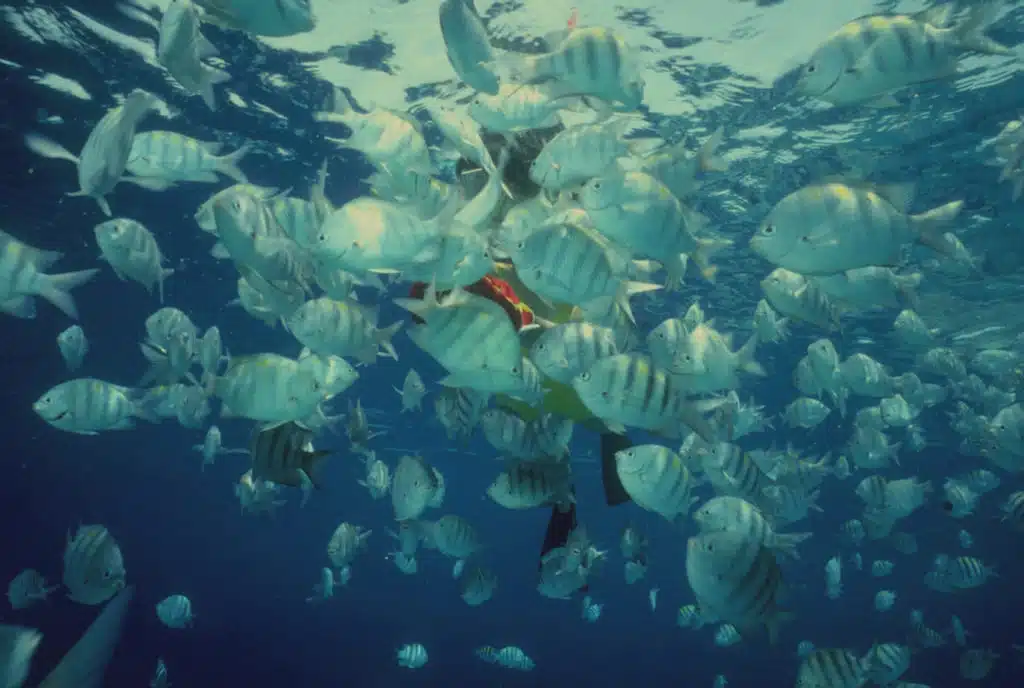
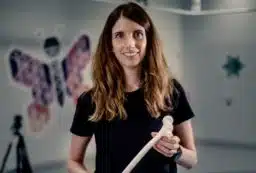
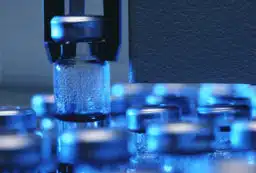
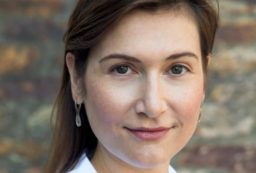
 Fresh Science is on hold for 2022. We will be back in 2023.
Fresh Science is on hold for 2022. We will be back in 2023.